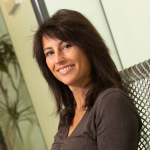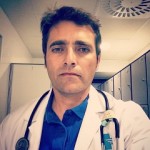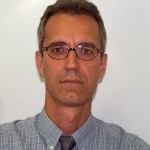
Montse Moharra (@mmoharra), Dolors Benítez and Anna García-Altés (@annagaal)
Students at the Pompeu Fabra University can respond to the challenges arising from the OIGS (Centre for Innovation in Health Management in Catalonia) innovation community
Over 600 health professionals met in Barcelona on Monday September 21st during the Third Edition of the Centre for Innovation in Health Management in Catalonia (OIGS), which was attended by the Minister of Health, Boi Ruiz. During the ceremony, 21 innovative experiences received the quality certificate.
The Minister welcomed the involvement of health professionals in “responding to our major concern, which is to improve healthcare” and gave “thanks to the people who believed that the best way to change things is do it from within.” It also found that OIGS is a project of “an extraordinary dimension” and that its current numbers (189 experiences and more than 500 users) denote its consolidation. He also stressed that in times of budgetary constraints, they are undertaking pioneering improvements in the health system to help improve the health care for citizens. Continue reading

 Anna García-Altés,
Anna García-Altés, 



